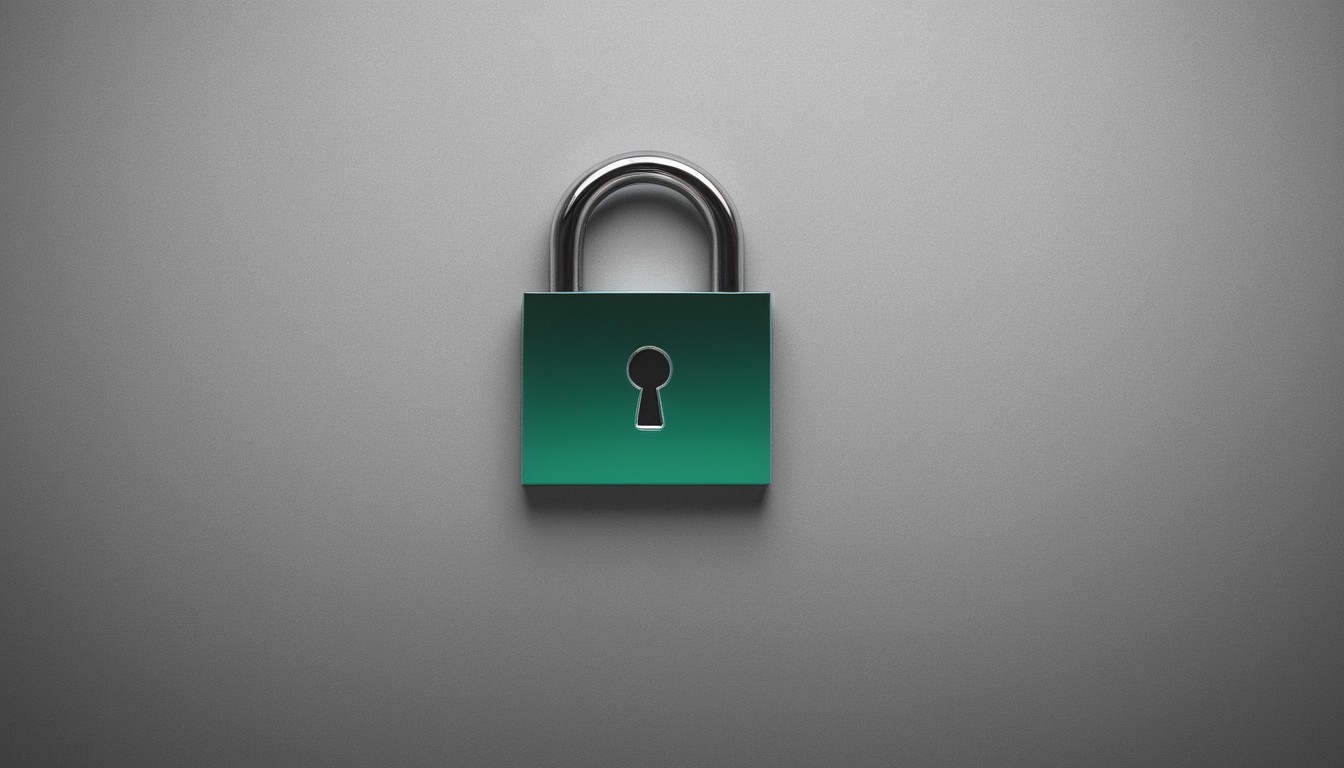In the healthcare industry, protecting patient data is paramount. With the increasing digitization of medical records and the adoption of connected medical devices, healthcare organizations face unique cybersecurity challenges. Ensuring the confidentiality, integrity, and availability of patient data is not only essential for compliance with regulations like HIPAA but also critical for maintaining trust with patients. At SafeNet, we recognize the importance of robust cybersecurity measures in safeguarding sensitive healthcare data. In this blog post, we’ll discuss firewall best practices tailored to the specific needs of healthcare organizations and how SafeNet Firewall can help mitigate security risks and ensure patient data security.
Understanding the Healthcare Cybersecurity Landscape: Healthcare organizations are prime targets for cyberattacks due to the wealth of sensitive information they store, including patient health records, billing information, and personally identifiable information (PII). Cybercriminals exploit vulnerabilities in healthcare networks and systems to steal data, commit fraud, and disrupt healthcare operations. Common cybersecurity challenges faced by healthcare organizations include:
- Insider Threats: Employees, contractors, and other insiders with access to sensitive data pose a significant risk if their credentials are compromised or if they intentionally misuse their privileges.
- Ransomware Attacks: Ransomware attacks targeting healthcare organizations can encrypt critical patient data, leading to data loss, operational disruptions, and potential patient harm if access to medical records is compromised.
- Medical Device Vulnerabilities: Connected medical devices, such as infusion pumps, pacemakers, and imaging systems, are susceptible to cybersecurity threats that could compromise patient safety and privacy.
- Regulatory Compliance: Healthcare organizations must comply with stringent regulatory requirements, such as HIPAA, which mandate the implementation of security measures to protect patient data from unauthorized access, disclosure, and alteration.
Firewall Best Practices for Healthcare Organizations: SafeNet Firewall offers healthcare organizations a comprehensive set of features and capabilities to strengthen their cybersecurity posture and safeguard patient data against evolving threats. Key firewall best practices tailored to healthcare environments include:
- Network Segmentation: Implementing network segmentation isolates sensitive healthcare systems and data from less secure areas of the network, reducing the risk of unauthorized access and lateral movement by attackers.
- Application Control: SafeNet Firewall enables granular control over application usage within the healthcare environment, allowing organizations to enforce policies that restrict access to non-essential or high-risk applications while permitting access to authorized healthcare applications.
- Intrusion Detection and Prevention: SafeNet Firewall’s intrusion detection and prevention capabilities monitor network traffic for suspicious activity and automatically block or alert on potential threats, helping healthcare organizations detect and respond to cyberattacks in real-time.
- Secure Remote Access: With the rise of telemedicine and remote work in healthcare, ensuring secure remote access to healthcare systems and data is essential. SafeNet Firewall supports secure VPN connectivity and multi-factor authentication to authenticate and authorize remote users while protecting patient data from unauthorized access.
- Regular Security Updates and Patch Management: Keeping firewall systems up-to-date with the latest security patches and firmware updates is critical to addressing known vulnerabilities and reducing the risk of exploitation by cybercriminals.
In an increasingly interconnected and digitized healthcare landscape, protecting patient data from cyber threats is a top priority for healthcare organizations. By adopting firewall best practices and leveraging advanced cybersecurity solutions like SafeNet Firewall, healthcare organizations can fortify their defenses, mitigate security risks, and ensure the confidentiality, integrity, and availability of patient data. SafeNet Firewall’s robust features and proactive threat mitigation capabilities empower healthcare organizations to navigate the complex cybersecurity challenges they face while maintaining compliance with regulatory requirements and preserving patient trust. Contact SafeNet today to learn more about our tailored cybersecurity solutions for healthcare organizations and how we can help you enhance patient data security in your organization.





